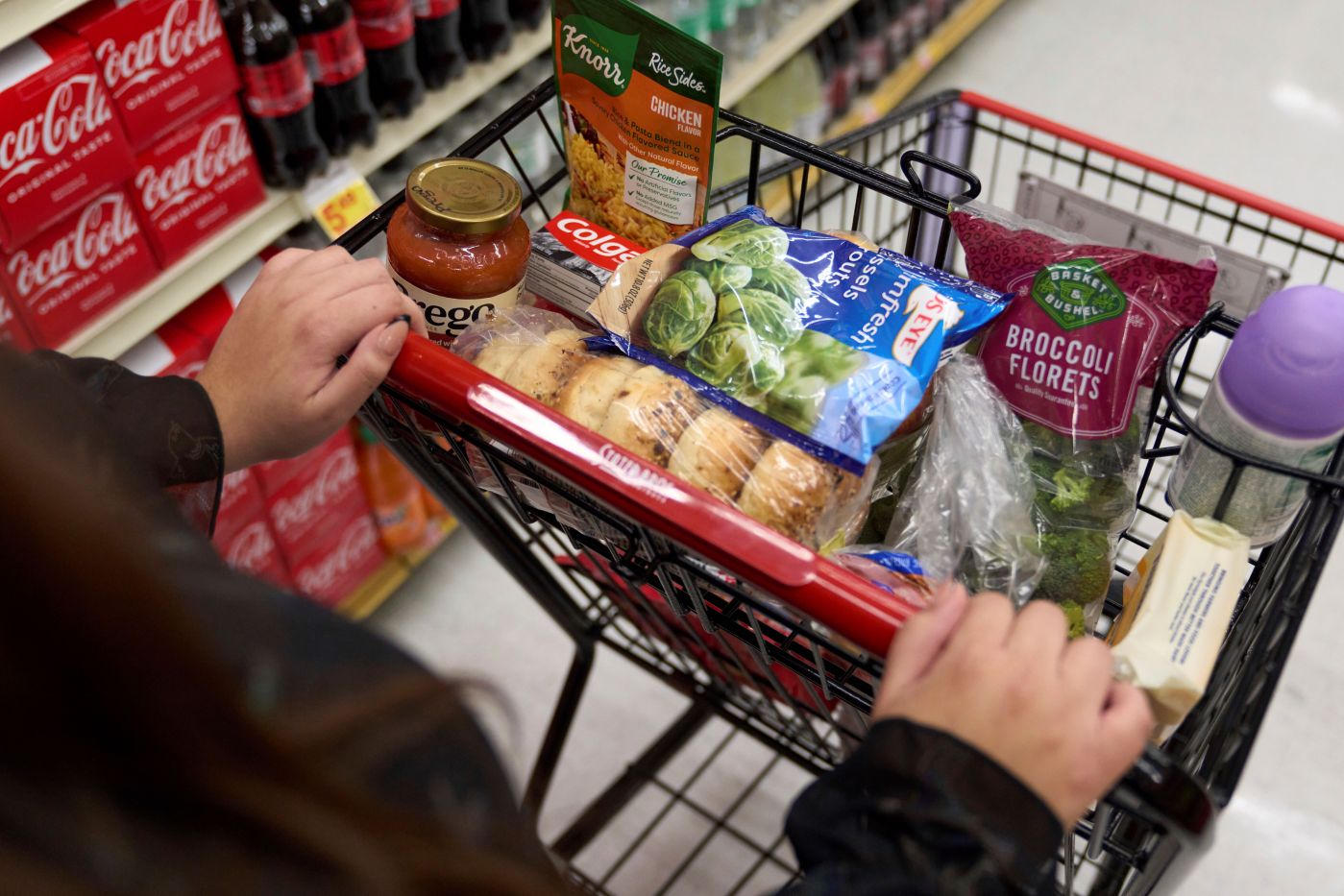
Massachusetts store banned from taking SNAP benefits after ‘irregular transactions’ loses federal appeals case
A local convenience store that was banned from taking SNAP benefits after a series of “irregular transactions” has lost its federal appeals case.
Star Market, a small corner market in New Bedford with no connection to the well-known grocery chain, sued the feds after the U.S. Department of Agriculture permanently barred the store from participating in SNAP.
The Department of Agriculture’s Food and Nutrition Service launched an investigation into the market’s processing of supplemental nutrition assistance program benefits following a “series of irregular transactions.” For instance, there had been a flurry of purchases from the same SNAP household account and “splurges,” according to the feds.
The market denied the allegations, but the Department of Agriculture ended up permanently disqualifying the store from participating in the low-income program.
The convenience store on Rivet Street, a neighborhood staple that functions as a small grocery store for local residents, then sued the U.S. in federal district court.
“The Market challenged the agency’s determination but made no headway,” reads the recent ruling from the U.S. Court of Appeals for the 1st Circuit. “When the dispute reached the district court, that court granted summary judgment in favor of the agency.
“The Market appeals, advancing a gallimaufry of grievances,” the federal appeals court wrote. “Concluding, as we do, that these grievances are wide off the mark, we affirm the judgment of the district court.”
The Herald this week reported on where Bay State residents have been using EBT cards, as fiscal watchdogs question welfare cash being used outside of Massachusetts. New Bedford is one of the town communities in the state for welfare, with $147,000-plus spent in one month using EBT cards, records show.
When a shopper pays with SNAP benefits, they use an electronic benefit transfer card — which functions like a debit card — through a point-of-sale device to transfer the funds from the household’s SNAP account to the store’s bank account.
The Department of Agriculture’s Food and Nutrition Service oversees the administration of SNAP benefits. As part of this oversight, the FNS collects data on every SNAP transaction to screen for illicit trafficking in benefits.
“When data submitted to the FNS indicated a series of irregular transactions at the Market, the FNS initiated an investigation into the Market’s processing of SNAP benefits,” reads the appeals court ruling.
From January to June of 2017, the market processed 33 sets of back-to-back transactions — sets of transactions that were charged to the same SNAP account.
The FNS refers to rapid and repetitive transactions conducted for the same SNAP household account in a short period of time (two minutes) as Scan B2 transactions. For example, on one morning, the market processed a $76.84 transaction at 10:28 a.m., followed by a $25.93 transaction by the same account at 10:30 a.m.
Related Articles
Harvard is ranked the worst school for free speech: ‘Abysmal’ climate; How do other Massachusetts colleges rank?
Steward Health Care’s CEO declines congressional testimony despite being subpoenaed
Cow on the lam in Massachusetts, woman on a horse spotted chasing after loose animal
Cape Cod sharks spotted 50 feet from shore: ‘White shark activity is just beginning to peak’
Howie Carr: Nothing ‘regular’ about Maura Healey’s Massachusetts
“The flurry of purchases stood out because the Market had not processed any Scan B2 transactions in the corresponding six-month period of the preceding year,” the ruling reads. “Moreover, it had processed only one Scan B2 transaction during the period from August through December of 2017.”
There was more, according to the feds. From January to June of 2017, the market processed more than 100 transactions that involved unusually high dollar amounts. The FNS referred to such purchases as Scan F transactions.
“Although the average SNAP transaction in the county during this period totaled $7.57, the Market’s average SNAP transaction totaled $8.96 — which is roughly eighteen percent higher than the county average,” the ruling reads. “What is more, the Market recorded 158 transactions over $29 (which included ninety-two transactions over $50).
“In sum, the aggregate dollar amount for SNAP transactions at the Market during this period was about ninety percent higher than the county average,” the ruling states. “These splurges raised some eyebrows at the FNS because the Market had processed only fourteen Scan F transactions in the same six-month period of the preceding year.”
As a result of its further investigation, the FNS charged the market with trafficking and banned the store from SNAP.
The appeals court upheld the district court’s ruling in the recent decision.
“… the Market failed meaningfully to rebut the strong inference of trafficking that flows from the agency’s evidence,” the appeals court wrote. “Thus, a rational factfinder — employing a preponderance of the evidence standard — could not reach any conclusion except that the Market had engaged in SNAP trafficking. It follows that the district court did not err in entering summary judgment in favor of the agency.”


